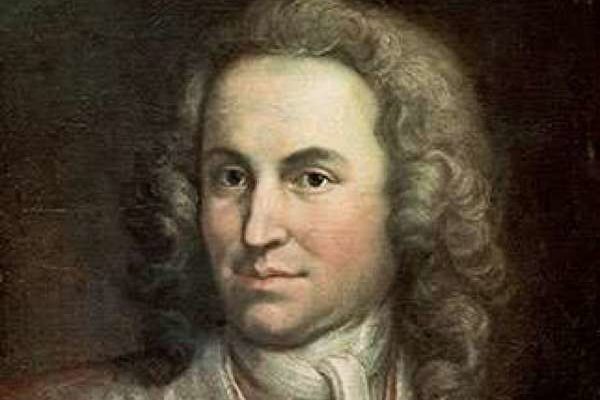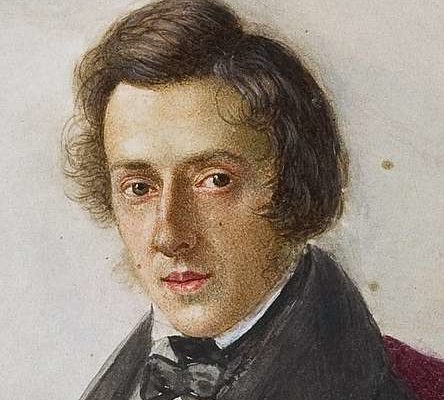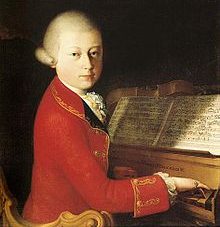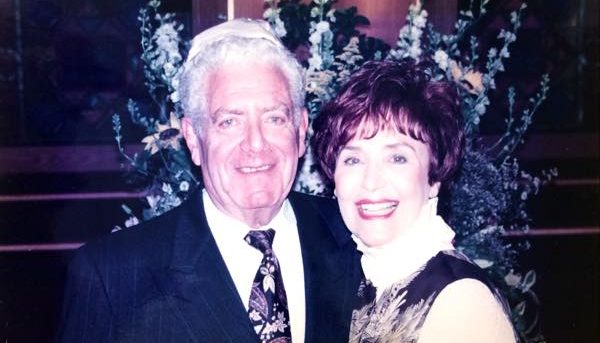Many of you have asked me “What’s with all the music, Dr. Weiss?” Well, as I’ve told some of you:
I personally call every surgery patient on the evening of surgery just to make sure they are doing well and have no questions that need answering. Occasionally, I would be at the piano and play a song that we had listened to that day. I gradually realized that I wanted to go through all the music that I had played during my life and at least start making a list of the songs that I had recently played.
Well, there are now about 600 songs on the list and I realized that it in a way it represented the ‘soundtrack of my life’! And that’s how I got the idea to record these songs and share them with my patients, friends and family. After I record them they will reside here, for easy access.
Music is truth. It’s honest. It’s really the first social media, where in a way, people could share their souls directly. And isn’t that what the purpose of social media is and why it’s so popular - trying to share who you really are, as completely and directly as possible?
Finally, it has been (and will continue to be) a genuine pleasure sharing these different songs with you and I really appreciate all of your positive feedback!!
Inventio IV
March 31, 2019
Moonlight Sonata
March 29, 2019
Adieu to the Piano
March 26, 2019
Chopin Waltz in Db Major, Op 64, No 1, ('Minute Waltz')
February 28, 2019
Minuet in F
January 25, 2019
Fantasia in D Minor
January 25, 2019
Claire de Lune
May 11, 2018
Wishing all the mothers out there the happiest of days on their special day! Of course, as we all know, the day is merely symbolic – you should celebrate your mother EVERY day ?. Here’s a famous piece of music called “Claire de Lune” by Claude Debussy. I played it for my mother 40 years ago at her wedding and I’m happy to share it with you all well! You’ll learn a bit more about Debussy and his similarities to another of my favorite musicians, Stevie Wonder, a bit later today. In the meantime, I hope you enjoy this “classic” Mother’s Day treat.













